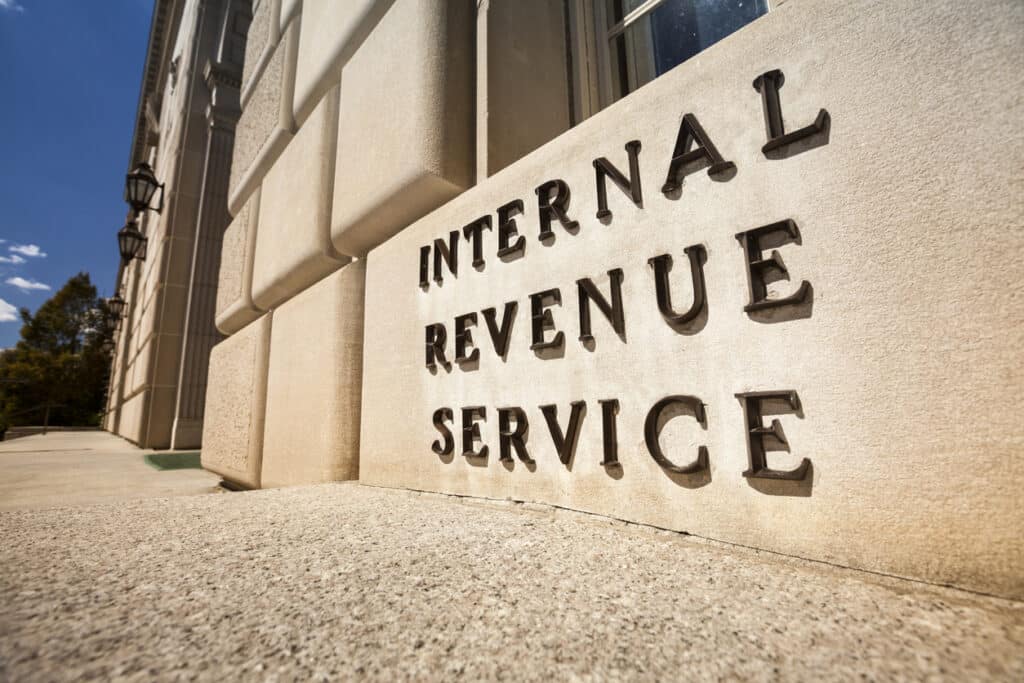According to a report by the Treasury Inspector General for Tax Administration (TIGTA) the Internal Revenue Service (IRS) is falling short in its handling of its whistleblower program. Whistleblower advocates claim that even further audits are needed to address the issues plaguing the IRS Whistleblower Program.
On June 8, TIGTA published a report entitled “Additional Actions Are Needed to Improve Data Collection and Analysis of Whistleblower Claims and Ensure Full Compliance With the Taxpayer First Act.” The report, the result of an extensive audit of the IRS Whistleblower Program, contained a number of recommendations on how the IRS can improve the effectiveness of the program.
“From Fiscal Years 2017 through 2021, the IRS paid over $589 million in awards to whistleblowers based on nearly $3 billion in proceeds collected due to whistleblowers’ information,” the report states. “However, TIGTA found that the Whistleblower Office does not capture all of the data that could be used to determine whether the whistleblower claims with the most potential to be productive are being referred for enforcement.”
According to TIGTA, the IRS Whistleblower Office does not collect enough data to be able to track what factors make a whistleblower claim more effective than others.
The report further states that: “the Whistleblower Office is not fully compliant with these provisions of the Taxpayer First Act. Specifically, the Whistleblower Office did not always notify whistleblowers when their claim had been referred for examination or timely notify whistleblowers of a tax payment related to the information they provided.”
The IRS Whistleblower Office agrees with TIGTA’s assessment of its data collection of whistleblower claims. In an official comment filed in response to the draft article, John Hinman Director of the Whistleblower Office said “the recommendations in TIGTA’s audit report align with the plans the Whistleblower Office is developing to improve the program, including obtaining better data to ensure that submissions with high-quality information are prioritized as well as improving communication with whistleblowers to keep them better informed of the status of their claims.”
While TIGTA’s report finds numerous issues with the IRS’s handling of its whistleblower program, some whistleblower advocates think the report does not go far enough.
“The report confirms that the program is bringing in millions and billions for the taxpayer, but the audit failed to address the two big elephants in the room,” said whistleblower attorney Stephen M. Kohn of Kohn, Kohn & Colapinto who has represented numerous whistleblowers under the IRS Whistleblower Program, including UBS whistleblower Bradley Birkenfeld, the recipient of a record $104 million IRS whistleblower award in 2012.
“The report did not address the absurdly long delays on whistleblower cases, which can average over ten years,” explained Kohn, who authored the recently published Rules for Whistleblowers: A Handbook for Doing What’s Right. “The IRS could take administrative steps to address this issue, both in how the field closes cases and in the Whistleblower Office itself. But they have taken no effective steps to mitigate the delays. These delays result in denial by delay.
“Second, the audit did not deal with the additional responsibilities of the Whistleblower Office to initiate cases regarding money laundering and other criminal matters within the jurisdiction of the IRS criminal office” continued Kohn. “The IRS is required to investigate and pay awards on these cases, but the Office continues to view the program as only related to tax.”
“The IRS needs to be audited on the root cause of the delays and specific recommendations need to be made,” Kohn concluded. “The same goes for the scope of violations the Office is investigating.”
